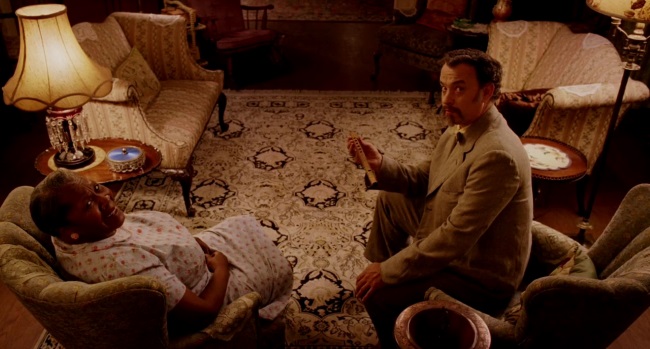 I was in a play called Juno and the Paycock by Sean O’Casey and I played a role called Gerry Divine which is only two little tiny scenes. In fact, in a lot of productions he might even actually be cut, or he comes in so fast. The second time that he shows up, he breaks the heart of Juno’s daughter.
I was in a play called Juno and the Paycock by Sean O’Casey and I played a role called Gerry Divine which is only two little tiny scenes. In fact, in a lot of productions he might even actually be cut, or he comes in so fast. The second time that he shows up, he breaks the heart of Juno’s daughter.
It is a bit different with comedies nowadays, as well. A lot of the great comedies that are being made right now is that they have stand-up comics coming in and literally improvise, with the scenes being built around them right there. But to be the actor, you don’t get to do that. You don’t get to make stuff up. So, you got to listen and do as you’re told!
I believe that for one of your comedy roles, the 1988 film Punchline, you actually studied stand-up comedy…
I did, but boy that was petrifying. It’s one of the smart things that I did, and Barry Sobel and I began to build an act and David Seltzer, who wrote the screenplay, just wrote jokey chuffer in there. It was not the act and I mean, it wasn’t funny and it didn’t have any cohesiveness to it so we had to build an act.
I wasn’t a stand-up comic; I wasn’t a guy that went down to open mic nights or anything like that. But I had to start doing that before we had an act. There was one time that I couldn’t get on at the ‘The Comedy Store’ because the owner, Mitzy Shore, said that I wasn’t funny.
So, that was petrifying going on for three minutes and thinking: “No, no… I got some material here,” and 17 seconds in, you’ve said all of the material and there’s no way for you to be able to get off stage. But eventually we got some stuff and it worked out and I was able to get into the rhythm and I had enough stuff that was cohesive and worked and I could riff off of, if the audience was there. We ended up doing the ‘Catch A Rising Star’ comedy club in New York.
And once you nail the technique, the feeling is so addictive. It’s the most intense experience; it’s wonderful.
Check out Tom Hanks on IMDB.






